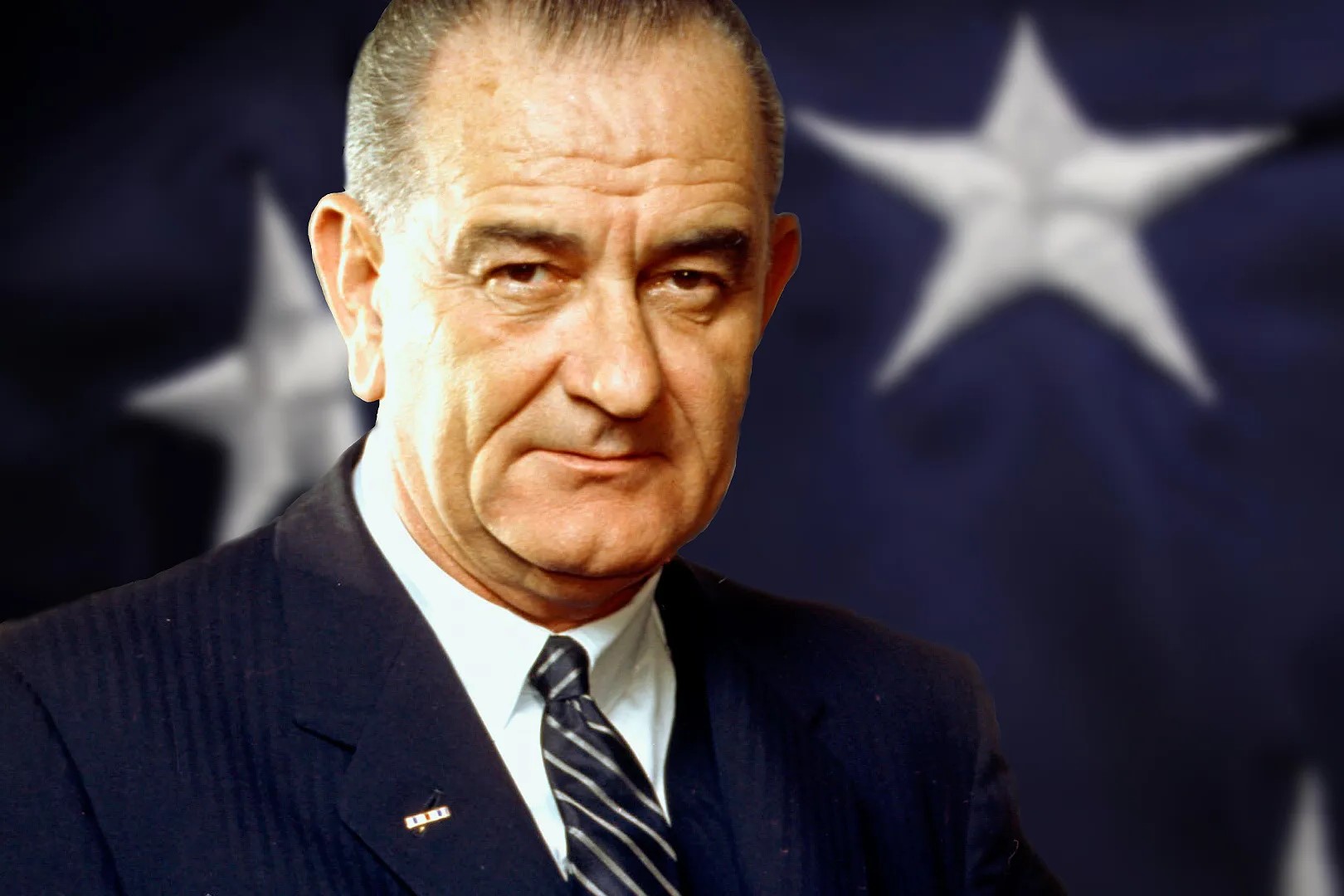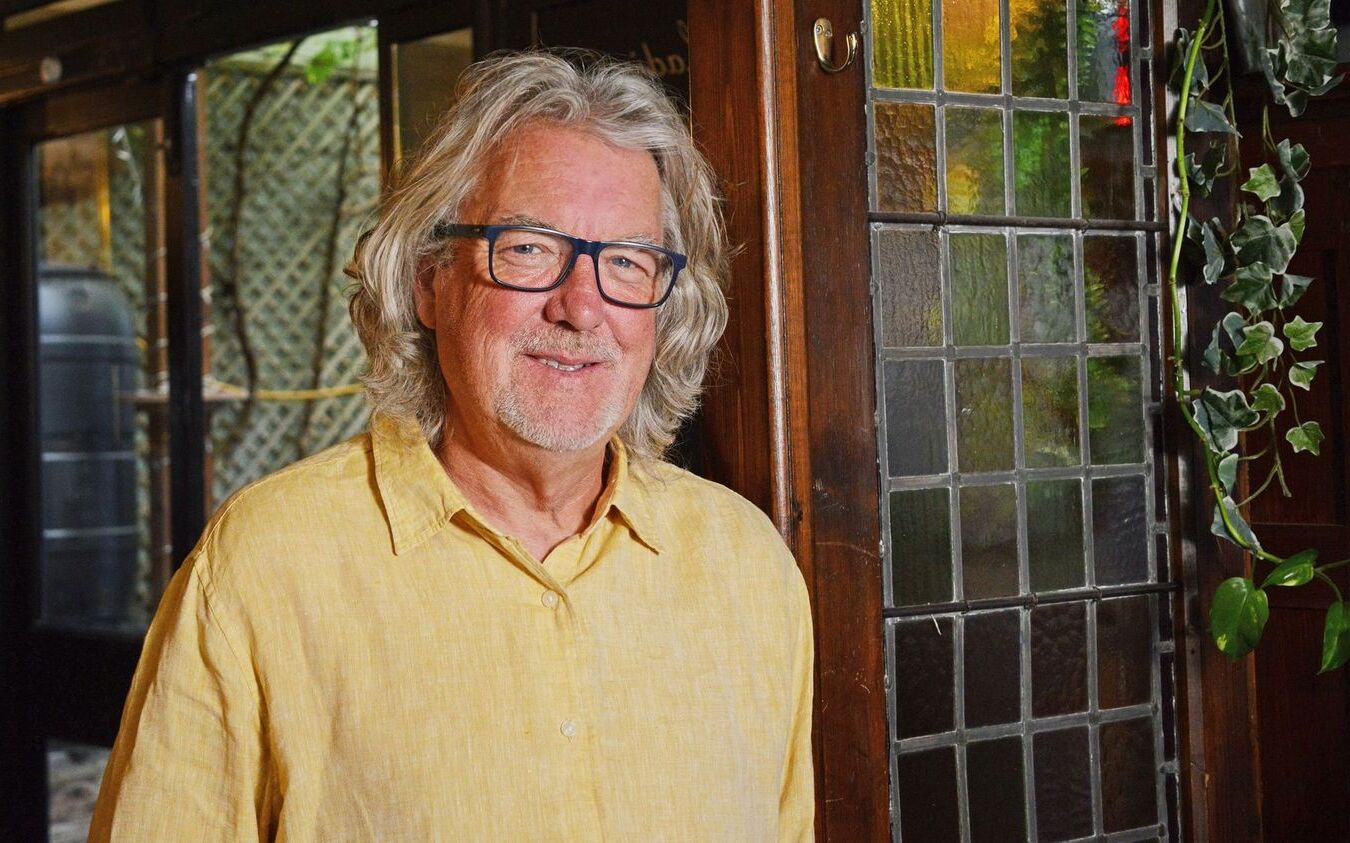
Lyndon B. Johnson, often called LBJ, was the 36th President of the United States. Born in Texas, he rose from humble beginnings to become a significant figure in American politics. Known for his ambitious domestic agenda, Johnson's Great Society programs aimed to eliminate poverty and racial injustice. His presidency also saw the escalation of the Vietnam War, which remains a controversial aspect of his legacy. Did you know he was a schoolteacher before entering politics? Or that he signed the Civil Rights Act of 1964? Buckle up as we dive into 40 intriguing facts about this complex leader who left an indelible mark on history.
Key Takeaways:
- Lyndon B. Johnson, also known as LBJ, overcame financial struggles in his early life and became a powerful force in American politics, championing civil rights and controversially escalating U.S. involvement in the Vietnam War.
- Johnson's presidency left a lasting impact on American society, with significant achievements in civil rights and domestic policies, despite the overshadowing controversy of the Vietnam War. His larger-than-life personality and intriguing quirks added to his complex legacy.
Early Life and Education
Lyndon Baines Johnson, often referred to as LBJ, had a fascinating early life that shaped his future political career.
- Born on August 27, 1908, in Stonewall, Texas, Johnson grew up in a small farmhouse.
- His family struggled financially, which influenced his empathy for the underprivileged.
- Johnson attended Southwest Texas State Teachers College, now Texas State University, where he earned a teaching certificate.
- Before entering politics, he worked as a teacher in Cotulla, Texas, teaching mostly Mexican-American children.
Political Beginnings
Johnson's political career began in earnest in the 1930s, setting the stage for his future presidency.
- In 1931, he worked as a congressional aide for Richard Kleberg, a U.S. Representative from Texas.
- Johnson was elected to the House of Representatives in 1937, representing Texas's 10th congressional district.
- During World War II, he served briefly in the Navy, earning a Silver Star for his service.
- In 1948, he won a controversial Senate race by just 87 votes, earning the nickname "Landslide Lyndon."
Senate Career
Johnson's time in the Senate was marked by significant achievements and a reputation for his persuasive skills.
- He became the youngest Minority Leader in Senate history in 1953.
- By 1955, Johnson was the Senate Majority Leader, a position he used to pass key legislation.
- Known for the "Johnson Treatment," he used his imposing physical presence and persuasive tactics to influence colleagues.
- He played a crucial role in passing the Civil Rights Act of 1957, the first civil rights legislation since Reconstruction.
Vice Presidency
Johnson's vice presidency under John F. Kennedy was a period of both frustration and preparation for his future role.
- He was chosen as Kennedy's running mate in 1960 to balance the ticket geographically and politically.
- As Vice President, Johnson was often sidelined, feeling underutilized and marginalized.
- He chaired the National Aeronautics and Space Council, contributing to the space race efforts.
- Johnson was in Dallas on November 22, 1963, when Kennedy was assassinated, thrusting him into the presidency.
Presidency
Johnson's presidency was marked by significant domestic achievements and controversial foreign policies.
- Sworn in as the 36th President aboard Air Force One, Johnson immediately sought to calm a grieving nation.
- He launched the "Great Society" programs aimed at eliminating poverty and racial injustice.
- The Civil Rights Act of 1964, a landmark legislation, was signed into law by Johnson.
- Johnson also signed the Voting Rights Act of 1965, ensuring federal protection for minority voters.
Vietnam War
The Vietnam War overshadowed much of Johnson's presidency, leading to widespread protest and controversy.
- Johnson escalated U.S. involvement in Vietnam, believing in the domino theory of communist expansion.
- The Gulf of Tonkin Resolution in 1964 gave him broad military powers in Vietnam.
- By 1968, over 500,000 American troops were stationed in Vietnam.
- The Tet Offensive in 1968 eroded public support for the war and Johnson's presidency.
Domestic Policies
Despite the Vietnam War, Johnson's domestic policies left a lasting impact on American society.
- Medicare and Medicaid were established in 1965, providing health care to the elderly and poor.
- The Elementary and Secondary Education Act of 1965 aimed to improve education for disadvantaged students.
- Johnson signed the Immigration and Nationality Act of 1965, ending quotas based on national origin.
- He also initiated the War on Poverty, creating programs like Head Start and Job Corps.
Personal Life
Johnson's personal life was as complex and intriguing as his political career.
- He married Claudia Alta Taylor, known as "Lady Bird," in 1934. They had two daughters, Lynda and Luci.
- Johnson was known for his larger-than-life personality and often crude behavior.
- He had a ranch in Texas, known as the "LBJ Ranch," where he spent much of his time.
- Johnson was an avid reader, particularly of history and biographies.
Legacy
Johnson's legacy is a mix of monumental achievements and controversial decisions.
- He chose not to seek re-election in 1968, announcing his decision in a televised address.
- Johnson retired to his ranch in Texas, where he wrote his memoirs and reflected on his presidency.
- He died on January 22, 1973, just days after the inauguration of Richard Nixon for a second term.
- Johnson's presidency is often remembered for its significant civil rights advancements and the divisive Vietnam War.
Fun and Lesser-Known Facts
Beyond his political career, Johnson had some interesting quirks and lesser-known facts.
- Johnson was known for conducting meetings while swimming in his pool, often naked.
- He had a custom-built amphibious car that he used to scare guests by pretending the brakes had failed.
- Johnson was a chain smoker until a heart attack in 1955 prompted him to quit.
- He was awarded the Presidential Medal of Freedom posthumously in 1980 by President Jimmy Carter.
Final Glimpse at Lyndon Johnson
Lyndon Johnson's life was a whirlwind of politics, power, and passion. From his humble beginnings in Texas to his pivotal role as the 36th President of the United States, Johnson left an indelible mark on American history. His Great Society programs aimed to eliminate poverty and racial injustice, while his controversial involvement in the Vietnam War sparked nationwide debate. Johnson's legacy is a mix of significant achievements and contentious decisions. Whether admired or criticized, his impact on the nation remains undeniable. Understanding these 40 facts about Lyndon Johnson offers a deeper insight into the complexities of his character and the era he shaped. As we reflect on his contributions, it's clear that Johnson's story is a testament to the power of determination and the challenges of leadership.
Frequently Asked Questions
Was this page helpful?
Our commitment to delivering trustworthy and engaging content is at the heart of what we do. Each fact on our site is contributed by real users like you, bringing a wealth of diverse insights and information. To ensure the highest standards of accuracy and reliability, our dedicated editors meticulously review each submission. This process guarantees that the facts we share are not only fascinating but also credible. Trust in our commitment to quality and authenticity as you explore and learn with us.


